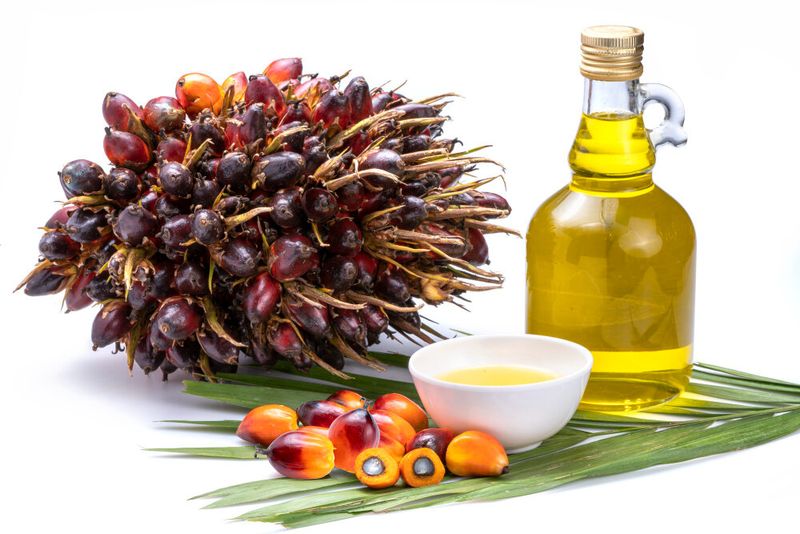Palm oil to get support from conflict-induced supply disruptions

The Ukraine-Russia conflict is set to help keep crude palm oil (CPO) prices at historic highs for a longer period as the edible oil market faces a sharper squeeze while the price trends attract more directional trading interest.
The benchmark CPO futures (FCPO) contract hit a historic high of RM6,465 a tonne last week on the breakout of war in Ukraine, but profit-taking last Friday saw the contract end the week at RM5,984 a tonne ahead of the weekend on heavy volumes.
Market watchers believe the price could retest the highs again this week as weather concerns and fears of cuts in supply of wheat and sunflower oil from Russia and Ukraine leave traders chasing up substitutes.
Disruptions of supplies of products like wheat and sunflower seed oil from the Black Sea Ports and trade restrictions on Russia could trigger another rally in FCPO as producers such as animal feed makers are forced to buy alternatives like soymeal which could lower crushing and soy oil supplies.
Singapore-based Palm Oil Analytics owner and co-founder Dr Sathia Varqa said the war will see Malaysian palm oil experience strong export potential and price continue its upward trend.
Sathia, who is also the advisor to Malaysian Palm Oil Board Techno-Economics Research, shared the FCPO contract price has the legs to up to RM6,900 to RM6,920 per tonne level in March and remain at that level as demand-supply fundamentals remain tight while the geopolitical situation provides temporary support.
Sathia said the sunflower oil supply will be disrupted severely as 76% of the world market supply comes from the Black Sea region, leading buyers to seek alternative vegetable oils, including palm oil.
“Indian buyers especially will need to replenish their stocks by increasing dependence on palm oil despite the soaring prices and narrowing discount,” he told The Malaysian Reserve.
As it stands, Sathia said the high palm oil prices now are supported by the tight palm oil supply situation in Malaysia as a result of reduced production and the export curbs in Indonesia which raises Malaysian producers’ export potential.
“Apart from soaring sunflower seed oil prices, the strong palm oil prices will also be underpinned by dry weather in southern Brazil which could threaten the soybeans crop, raising the soy complex prices higher and spilling over to support palm oil prices,” he said.
RHB Investment Bank Bhd has, however, not made any changes to its CPO price assumptions for now given the uncertainty of the extent of the conflict and how long it will last.
The investment bank has, however, upgraded the plantation sector to a “Neutral” call, given the knock-on effect on higher commodity prices on earnings and valuations of listed planters.
Hong Leong Investment Bank Bhd (HLIB) stated the conflict offers trading opportunities in resourcebased stocks such as oil and gas and plantation stocks.
The bank has an “Overweight” call on the plantation sector. HLIB noted both Ukraine and Russia are small trading partners of Malaysia, together accounting for only 0.4% to 0.5% of total trade over the past five years, indicating a minimal direct trade and investment impact on Malaysia from the ongoing conflict.
Read also
Join with the EARLY RATE – 22 International Conference BLACK SEA GRAIN.EUROP...
Brazil sugar output decreased by 23% — Unica
Algeria imposes a complete ban on durum wheat imports in 2025
Weather in Brazil and Argentina remains favorable for the future harvest of soybea...
Ukrainian flour exports are 35% behind last year’s volumes
Write to us
Our manager will contact you soon



